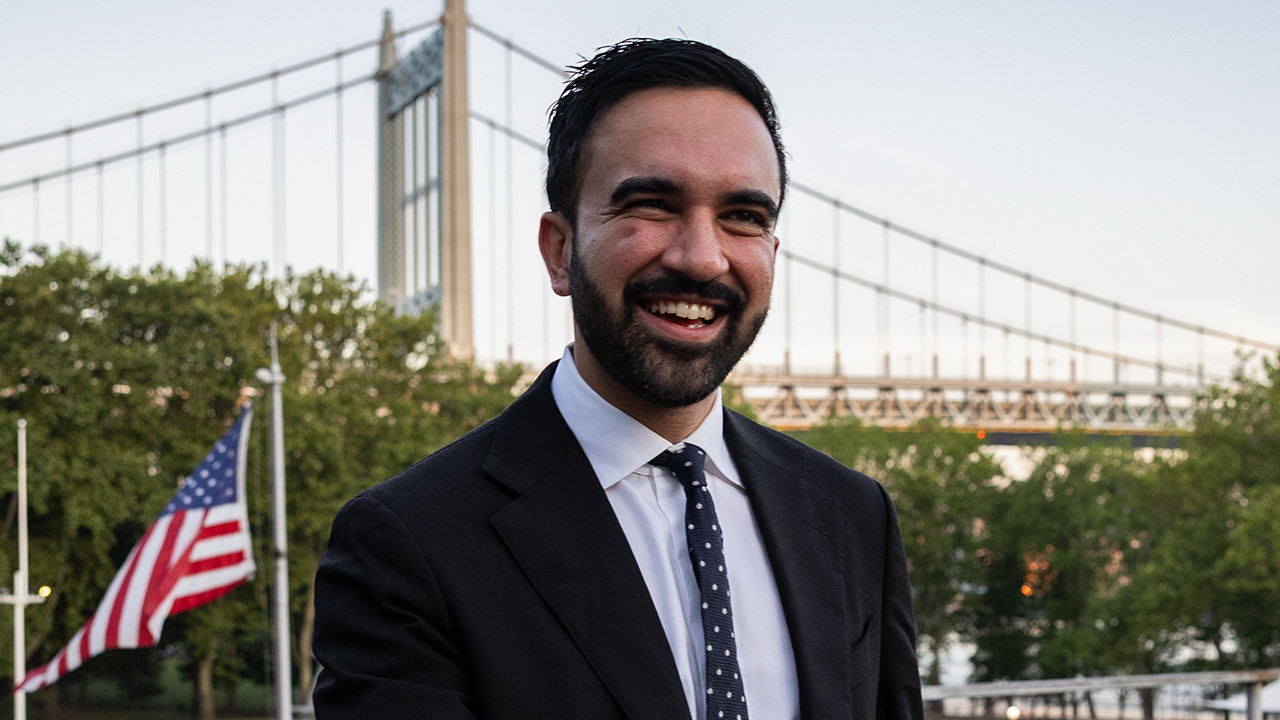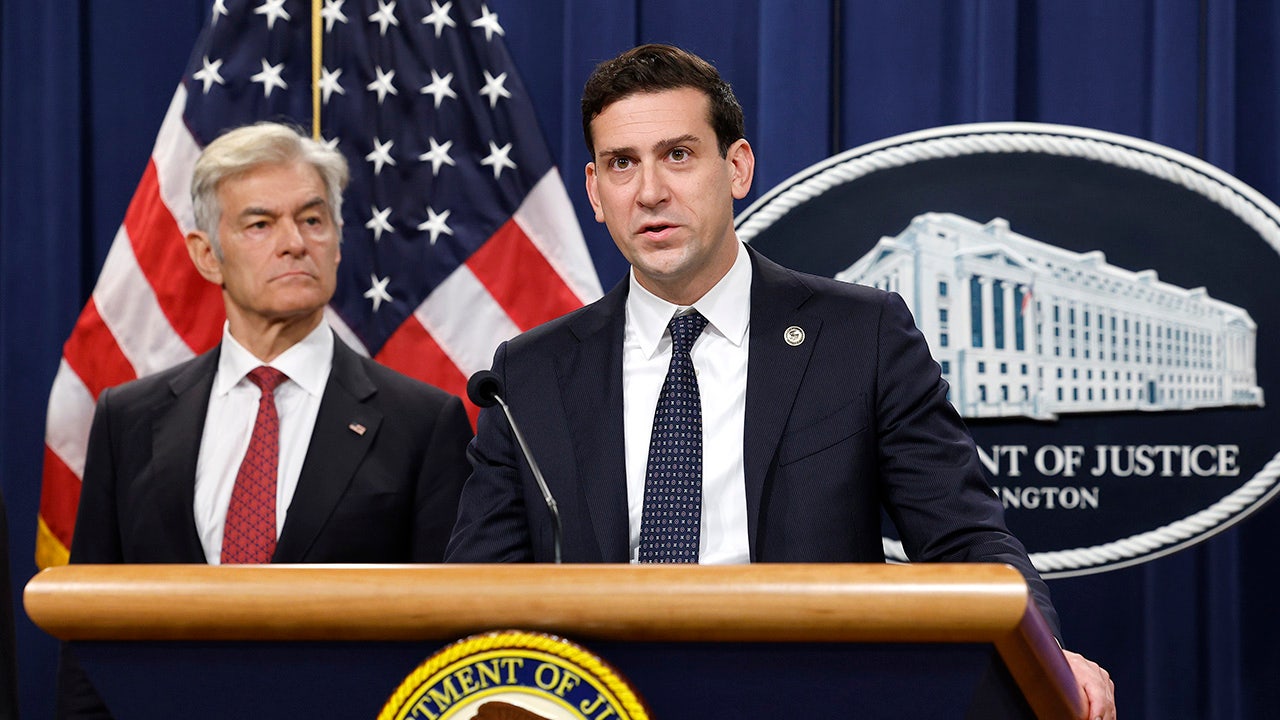Republican California leader rips ‘unsustainable, bankrupted’ Medi-Cal system

The Republican minority leaders in California are pushing back against potential next steps for the troubled Medi-Cal program, which is currently facing insolvency. Many believe that allowing people to enroll in the program “regardless of their immigration status” is a major contributing factor to the program’s financial woes. With the state facing a daunting $12 billion budget shortfall, budget talks in Sacramento have taken on a sense of urgency.
Earlier this year, the Medi-Cal program went insolvent after exceeding its budget by billions of dollars. This led to a request for $3.44 billion in loans to rescue the program, which provides coverage for low-income residents of California. Republicans have pointed to the inclusion of illegal immigrants in the program as a significant reason for the financial strain. Governor Gavin Newsom has acknowledged that this is part of the spending issue but insists that it is not the sole cause.
California State Senate Minority Leader Brian Jones emphasized the impact of providing free healthcare to illegal immigrants on the state’s budget deficit. He noted that eliminating this coverage could potentially wipe out the deficit entirely. However, he also acknowledged that there are other ways to address the budget gap.
In response to the budget crisis, Governor Newsom has proposed a temporary pause on enrolling adults aged 19 and older in “full-scope coverage” under Medi-Cal. He has also suggested implementing a $100 monthly premium for certain individuals. The administration cited a combination of factors, including a $16 billion reduction in federal funds and higher-than-expected healthcare utilization, as reasons for the proposed changes.
Criticism of the governor’s proposals has emerged from some members of the legislature, with the Democratic California Legislative Latino Caucus proposing a tax hike to fund coverage for illegal immigrants. The effectiveness of a $100 premium in reducing enrollment in the program remains uncertain.
Assembly Minority Leader James Gallagher described the budget shortfall as a “total disaster” that was foreseeable due to the decision to fund healthcare for illegal immigrants through Medi-Cal. He highlighted the strain on the system caused by an influx of individuals seeking coverage.
On a federal level, the pending reconciliation bill could further complicate matters for Medi-Cal in California. Changes to the federal match rate could result in significant costs for the state, potentially exacerbating the financial challenges facing the program.
As discussions continue in Sacramento on how to address the budget deficit and stabilize the Medi-Cal program, the debate over healthcare coverage for illegal immigrants will likely remain a contentious issue. The impact of potential policy changes on access to care and the financial sustainability of the program will be closely monitored by lawmakers and stakeholders.




